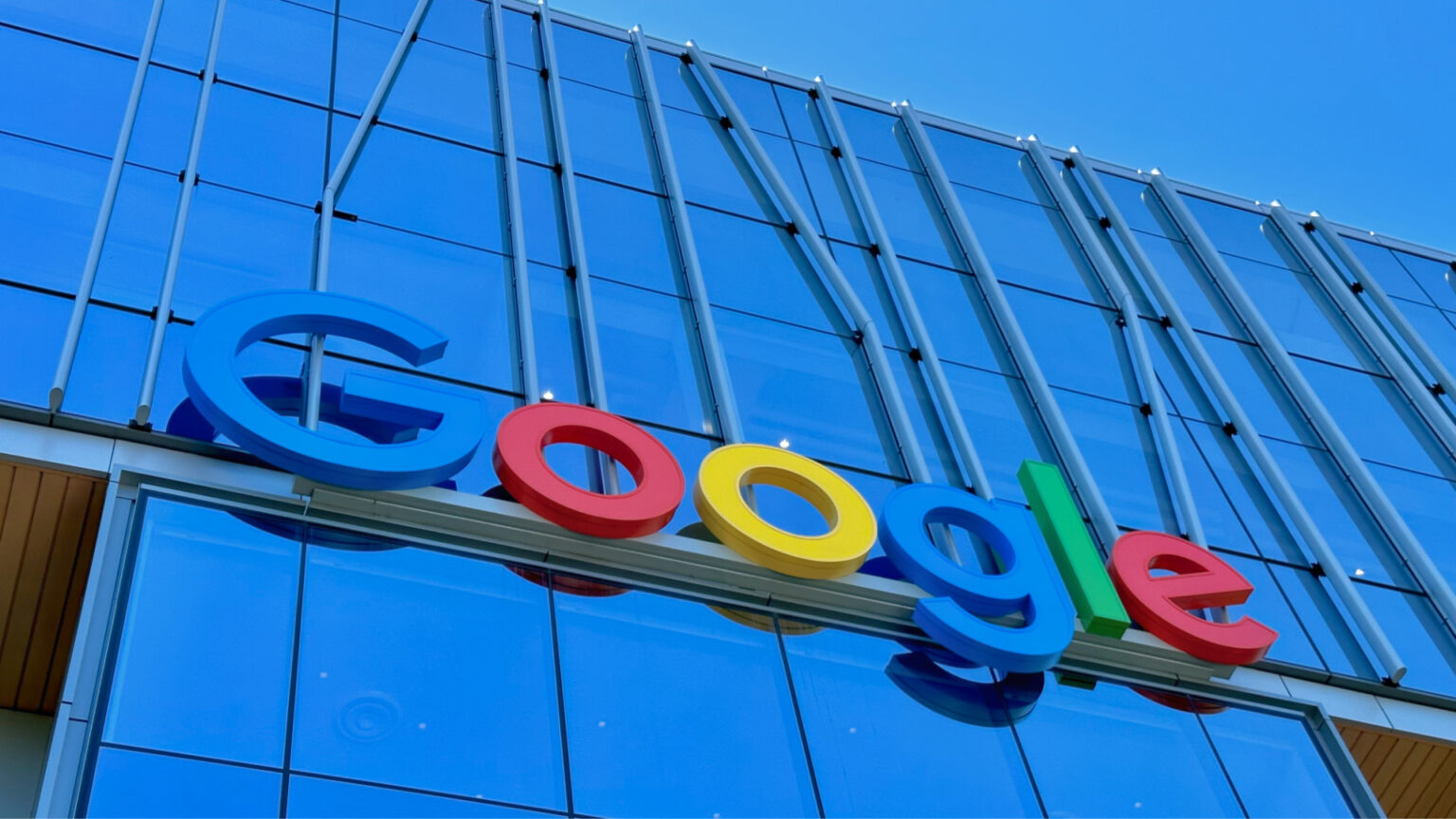The regulatory front against Google in Europe has just gained strength. The regional court in Berlin (Landgericht Berlin) has ruled that the conglomerate must pay a total of €572 million in damages to two German price comparison sites for abusing its dominant position. This is the next chapter in a years-long battle to favour its own services in search results.
The amount awarded will be split between Idealo (€465 million), a platform owned by the Axel Springer media group, and Producto (€107 million). The case concerned a practice known as ‘self-preferencing’, i.e. the unfair promotion of Google Shopping’s own service at the expense of competing sites, which were relegated to further search engine positions.
During the trial, Google defended itself by pointing to adjustments made in 2017 after the intervention of the European Commission. These allowed other comparison sites to buy advertising space within the Google Shopping service. However, the Berlin court found this measure insufficient to compensate for the damage that competitors had suffered in the years preceding this change
For Idealo, this judgment, although victorious, does not end the case. The company, which had originally claimed €3.3 billion, had already announced in February that the amount awarded was only a ‘fraction’ of the actual economic losses. Idealo representatives confirmed that they will continue their legal battle. Google, on the other hand, disagrees with the verdict and has announced that it will appeal.
The Berlin court’s ruling is part of a wider picture of regulatory pressure on Big Tech in Europe. It is a so-called ‘follow-on claim’, building on the European Commission’s earlier findings on Google’s monopolistic practices.
In the background, the Digital Markets Act (DMA), which is being implemented to systemically curb favouritism of its own services by digital ‘gatekeepers’, remains in place. Brussels, incidentally, is already conducting new investigations into potential DMA violations by Google. However, the conglomerate itself has consistently argued that the strict enforcement of the new rules is already adversely affecting the quality of search results and hitting European companies.












